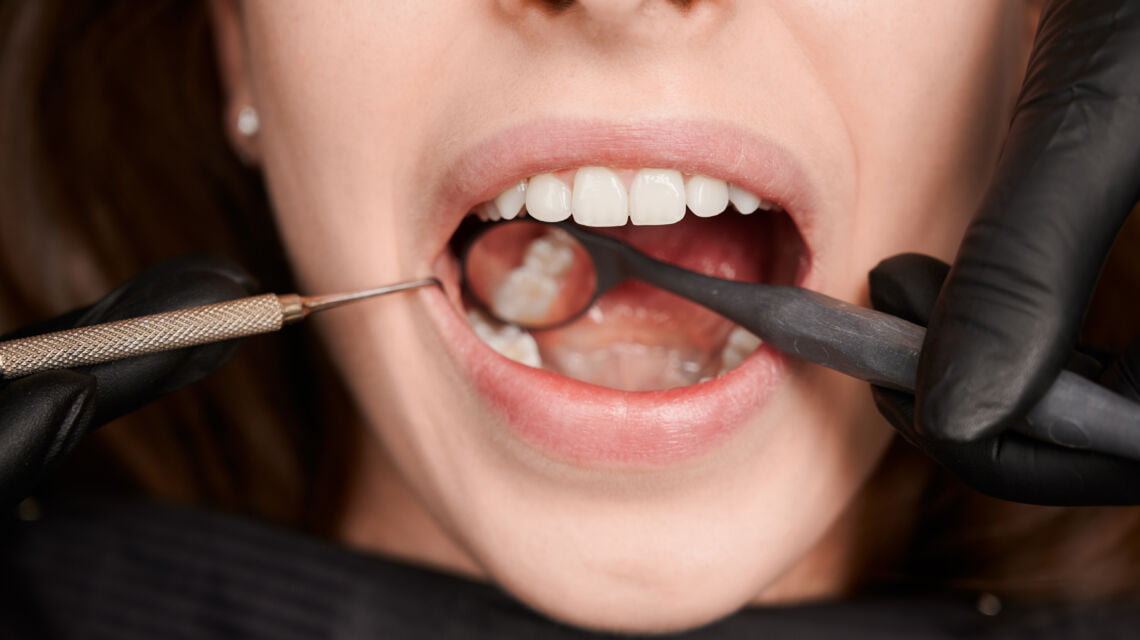Tooth fillings are essential for restoring the functionality and appearance of damaged teeth. Once you’ve had a dental filling, it’s crucial to take care of it to ensure it lasts as long as possible and helps maintain your overall oral health. In this article, we’ll explore the best practices for caring for your Dental Tooth Filling and how to ensure their longevity.
The Importance of Proper Care for Fillings:
Fillings play a vital role in preventing further decay, restoring a tooth’s strength, and protecting it from infection. Taking the right steps to care for your fillings ensures they remain effective for many years.
Why Proper Care Matters:
-
Prevents Further Damage: Proper care helps avoid complications such as cracks or chips in your filling.
-
Maintains Tooth Functionality: Taking care of fillings ensures that your teeth remain strong enough for biting and chewing.
-
Minimizes the Risk of Cavities: Good oral hygiene helps to prevent plaque buildup around fillings, which can lead to new cavities.
Brushing and Flossing Around Fillings:
One of the most important aspects of caring for your tooth fillings is maintaining a consistent oral hygiene routine. Brushing and flossing effectively can help keep your fillings clean and free from plaque buildup.
Best Practices for Brushing and Flossing:
-
Brush Twice a Day: Use fluoride toothpaste to brush your teeth thoroughly twice a day, focusing on the areas around your fillings.
-
Use a Soft-Bristled Toothbrush: A soft toothbrush is gentle on both your teeth and fillings, preventing damage or wear.
-
Floss Carefully: Be gentle when flossing around your fillings to avoid dislodging or damaging the material.
Choosing the Right Toothpaste and Mouthwash:
Not all toothpaste and mouthwash are the same, so it’s essential to choose the right products to protect your fillings and overall oral health. Certain toothpaste formulations can provide additional benefits for people with fillings.
Toothpaste and Mouthwash Recommendations:
-
Fluoride Toothpaste: Fluoride helps strengthen your teeth and prevent new cavities from forming, which is especially important around fillings.
-
Avoid Abrasive Toothpaste: Toothpaste with heavy abrasives can wear down fillings, particularly composite ones, so avoid using them.
-
Antibacterial Mouthwash: Choose an alcohol-free, antibacterial mouthwash to help reduce plaque buildup and bacteria around your fillings.
Watch What You Eat and Drink:
Your diet can significantly impact the longevity of your fillings. Certain foods and beverages can weaken or damage fillings, while others help maintain their strength. Being mindful of what you eat is a key factor in extending the life of your fillings.
Foods and Habits to Avoid:
-
Hard or Sticky Foods: Chewing hard foods like nuts or ice can crack or dislodge fillings, while sticky foods can get trapped and lead to decay around the filling.
-
Sugary and Acidic Foods: Excessive sugar and acidic foods can contribute to tooth decay and plaque buildup, which can compromise the integrity of your fillings.
-
Drink Plenty of Water: Water helps to rinse food particles and bacteria away from your teeth, reducing the risk of damage and decay.
Regular Dental Checkups:
Even if you follow the best oral hygiene practices at home, it’s still crucial to visit your dentist regularly for checkups. Regular dental visits allow your dentist to monitor the condition of your fillings and detect any potential issues early.
Why Dental Checkups Are Essential:
-
Monitor Filling Integrity: Your dentist will check for signs of wear or damage and can repair or replace fillings before they cause significant problems.
-
Catch New Decay Early: Regular exams help catch any new cavities or signs of decay around the fillings, allowing for timely intervention.
-
Professional Cleaning: Dentists can professionally clean your fillings and teeth, ensuring that hard-to-reach areas are properly maintained.
Managing Sensitivity After a Filling:
Some people may experience sensitivity after getting a dental filling. This can happen due to the pressure applied during the procedure or because of changes in temperature when eating or drinking. Managing this sensitivity is important for comfort and long-term care.
Tips for Dealing with Sensitivity:
-
Use Desensitizing Toothpaste: If you experience sensitivity, desensitizing toothpaste can help reduce discomfort around your fillings.
-
Avoid Temperature Extremes: Stay away from very hot or cold foods and drinks until the sensitivity subsides.
-
Talk to Your Dentist: If sensitivity continues for an extended period, consult your dentist to ensure the filling is in good condition and not causing the issue.
Conclusion:
Caring for your Tooth Filling is essential for maintaining your oral health and ensuring that your fillings last as long as possible. By following the best practices for brushing, flossing, and maintaining a balanced diet, you can protect your fillings and prevent future dental issues. Regular dental checkups and managing sensitivity will also contribute to the longevity of your fillings, helping you keep your smile healthy and strong for years to come. If you have any concerns or need personalized advice, don’t hesitate to consult with your dentist for guidance on caring for your fillings.

